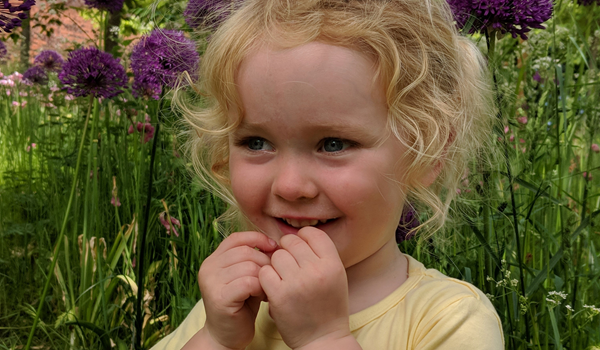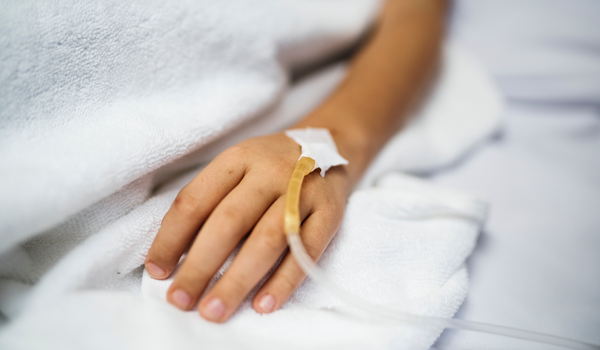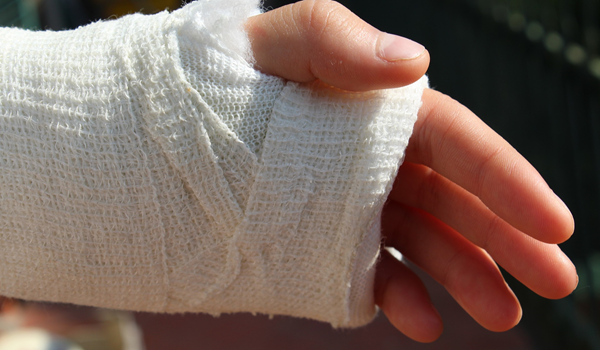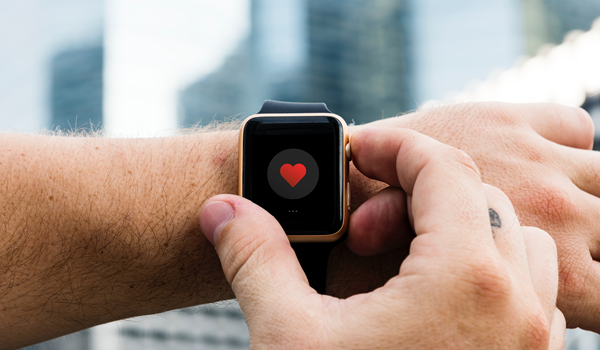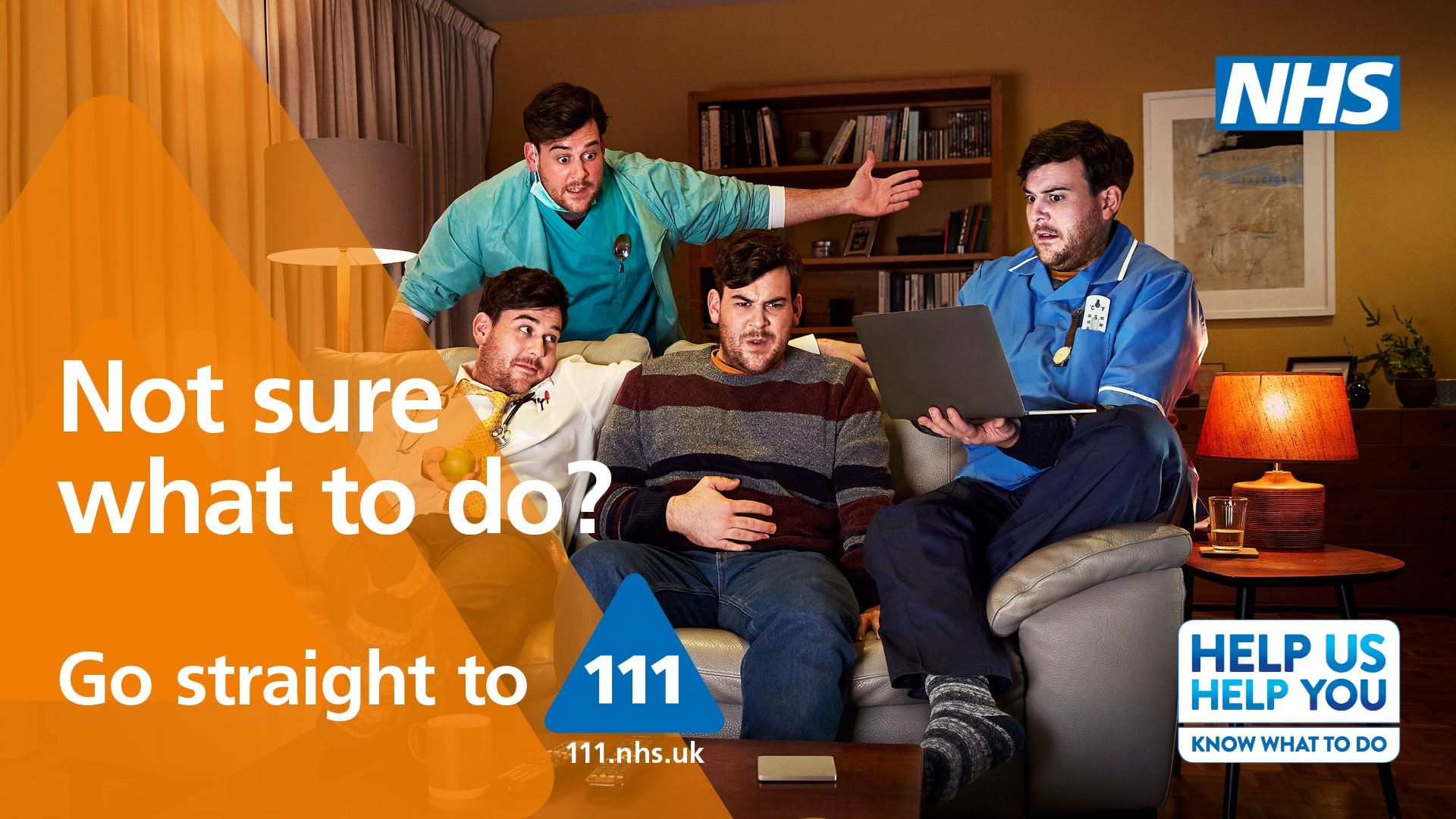If you are concerned about your child having Scarlet Fever/Strep A, please watch this paediatrician who explains about what to look out for and when to seek medical help.
Scarlet fever, or ‘Strep A’, is caused by bacteria called group A streptococci (strep).
Scarlet fever is usually a mild illness, but it is highly infectious. Therefore, look out for symptoms in your child, which include a sore throat, headache, and fever, along with a fine, pinkish or red body rash with a sandpapery feel.
On darker skin, the rash can be more difficult to detect visually, but will have a sandpapery feel.
Contact NHS 111 or your GP practice if you suspect your child has scarlet fever, because early treatment of scarlet fever with antibiotics is important to reduce the risk of complications such as pneumonia.
If your child has scarlet fever, keep them at home until at least 24 hours after the start of antibiotic treatment to avoid spreading the infection to others.
In very rare occasions, the bacteria can get into the bloodstream and cause an illness called invasive Group A strep (iGAS). While still uncommon, there has been an increase in invasive Group A strep cases this year, particularly in children under 10, and sadly a small number of deaths which are being investigated.
It is important to mention that there are lots of viruses that cause sore throats, colds and coughs this time of year. In most cases, these infections will be a mild illness and can be treated at home. These should resolve without medical intervention. If you do need advice, your community pharmacy is a great first port of call for minor health issues. However, children can on occasion develop a bacterial infection on top of a virus and that can make them more unwell.
As a parent, if you feel that your child seems seriously unwell, you should trust your own judgement.
Contact NHS 111 or your GP practice if:
· your child is getting worse
· your child is feeding or eating much less than normal · your child has had a dry nappy for 12 hours or more or shows other signs of dehydration
· your baby is under 3 months and has a temperature of 38°C, or is older than 3 months and has a temperature of 39°C or higher
· your baby feels hotter than usual when you touch their back or chest, or feels sweaty
· your child is very tired or irritable.
Call 999 if:
· your child is having difficulty breathing – you may notice grunting noises or their tummy sucking under their ribs
· there are pauses when your child breathes
· your child’s skin, tongue or lips are blue
· your child is floppy and will not wake up or stay awake.
Good hand and respiratory hygiene are important for stopping the spread of many bugs. By teaching your child how to wash their hands properly with soap for 20 seconds, using a tissue to catch coughs and sneezes, and keeping away from others when feeling unwell, they will be able to reduce the risk of picking up or spreading infections.
For more advice from the Royal College of Paediatricians click here


